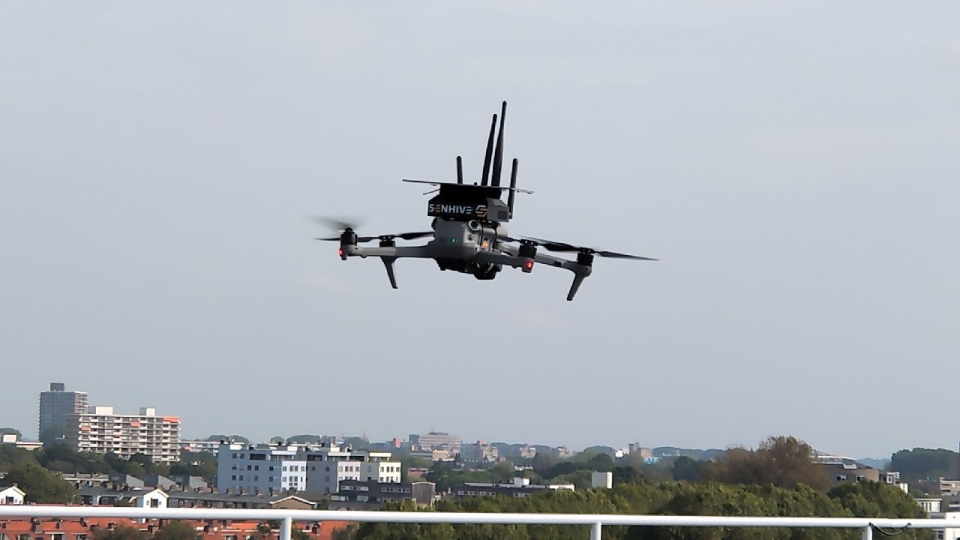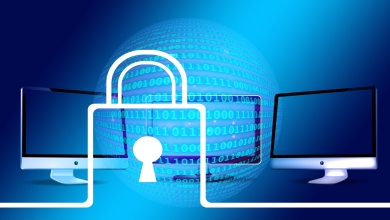
The challenges from increased drone use are increasingly apparent, not least on the cyber security front. The issues were discussed at the ongoing Cyber Security Week in The Hague, which IT Europa is attending.
But as well as the problems, there are also opportunities for partners looking to carve a niche for themselves in the drone space.
At the event, backed by the Municipality of The Hague, drone protection services firm Senhive outlined the risks to companies from widespread drone use.
Thomas Petracca, CEO of Antwerp, Belgium-headquartered Senhive, said the firm had been monitoring thousands of unidentified drone flights, many of them flying higher than legally allowed in Belgium and Holland, and logging the drone hotspots. A number of these hotspots are in sensitive areas like airports, government buildings, ports and harbours, and warehousing and logistics centres.
Drones he said, are not only able to pose a physical threat to planes at airports, and to other drones being used by businesses in their normal operations, but they can also be used by criminals to block business connectivity signals and steal data.
In a form of ransomware, said Petracca, drones can be landed on the roofs of buildings to jam the networks of organisations, with the criminals then sending a ransom demand to that business to stop the jamming.
He said: “One logistics firm that used bar scanners in their operations saw those scanners – using unlicensed spectrum – jammed, meaning their operations intermittently being stalled. They then received a ransom demand to end the jamming.”
Petracca said it was not easy to spot and physically stop drones in cases like these, as they are small is size and the operator could be located miles away.
Senhive’s hardware and software can be used to jam the signals of drones deemed to be “rogue”. The firm’s systems are sold through resellers, with 13 of them already signed up in Europe.
Petracca confirmed to IT Europa that his company was on the look out to sign up many more partners to help educate the business market about the dangers, and sell its systems, which are already deployed at airports, ports, nuclear facilities, and government buildings, among other areas.


